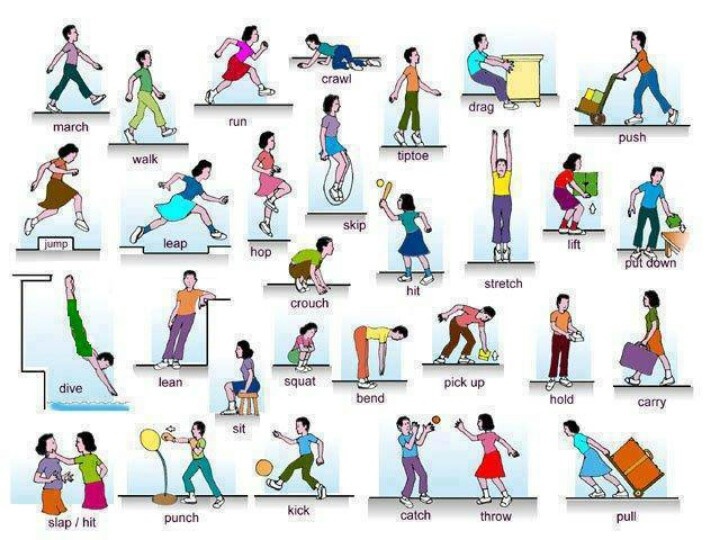Test your English – Adult Learners
http://www.cambridgeenglish.org/test-your-english/adult-learners/ ![]()
![]()
http://www.cambridgeenglish.org/test-your-english/adult-learners/ ![]()
![]()

Welcome Back kids!
Today’s topic is Verb’s…
Let’s watch some videos to understand the topic.




A verb is one of the main parts of a sentence or question in English.
In fact, you can’t have a sentence or a question without a verb! That’s how important these “action” parts of speech are.
The verb signals an action, an occurrence, or a state of being. Whether mental, physical, or mechanical, verbs always express activity.


 CAMBRIDGE GRAMMAR RESOURCE
CAMBRIDGE GRAMMAR RESOURCE
| relative pronoun | use | example |
|---|---|---|
| who | subject or object pronoun for people | I told you about the woman who lives next door. |
| which | subject or object pronoun for animals and things | Do you see the cat which is lying on the roof? |
| which | referring to a whole sentence | He couldn’t read which surprised me. |
| whose | possession for people animals and things | Do you know the boy whose mother is a nurse? |
| whom | object pronoun for people, especially in non-defining relative clauses (in defining relative clauses we colloquially prefer who) | I was invited by the professor whom I met at the conference. |
| that | subject or object pronoun for people, animals and things in defining relative clauses (who or which are also possible) | I don’t like the table that stands in the kitchen. |
| relative adverb | meaning | use | example |
|---|---|---|---|
| when | in/on which | refers to a time expression | the day when we met him |
| where | in/at which | refers to a place | the place where we met him |
| why | for which | refers to a reason | the reason why we met him |
|
|
Person | Thing | Place |
|---|---|---|---|
| Subject | who | which | |
| Object | who/whom | which | where |
| Possessive | whose |